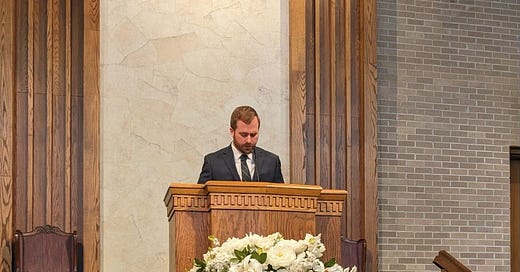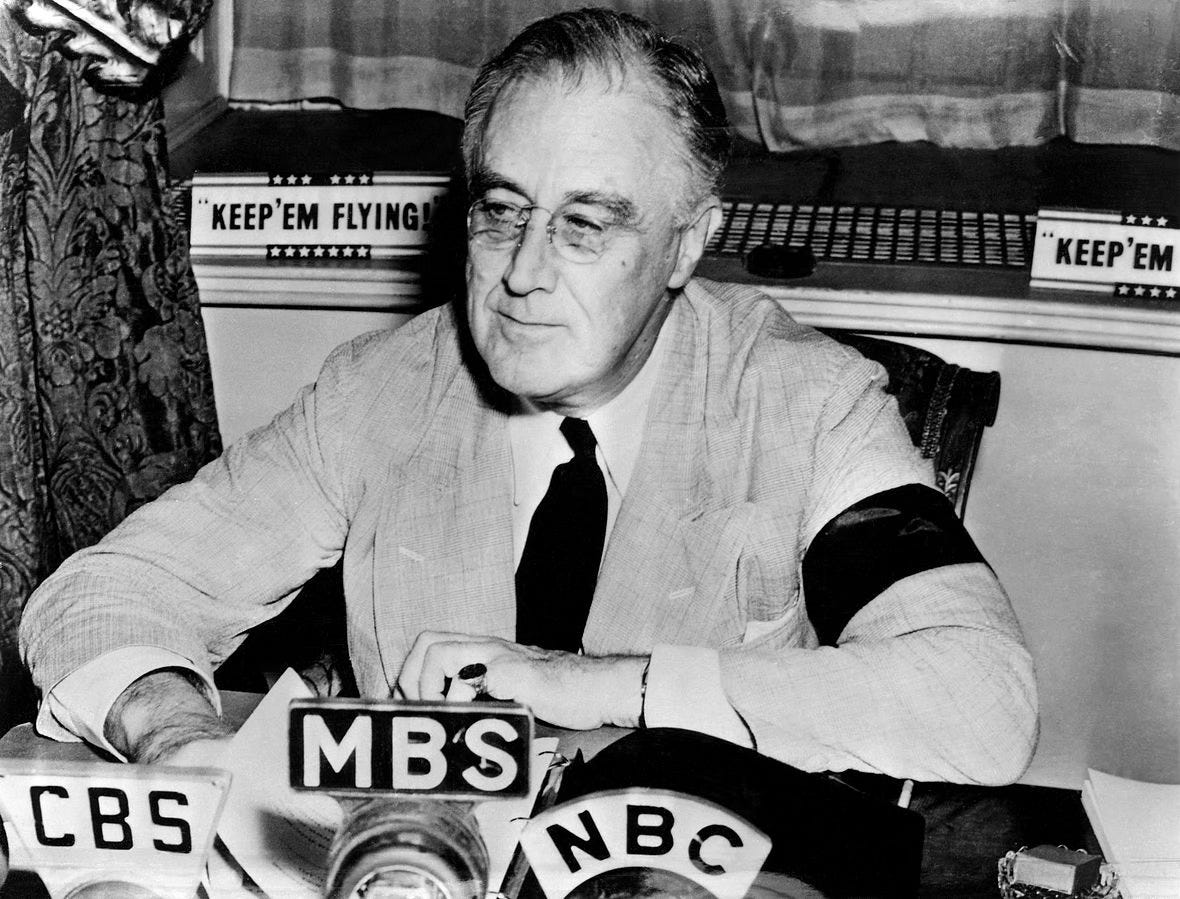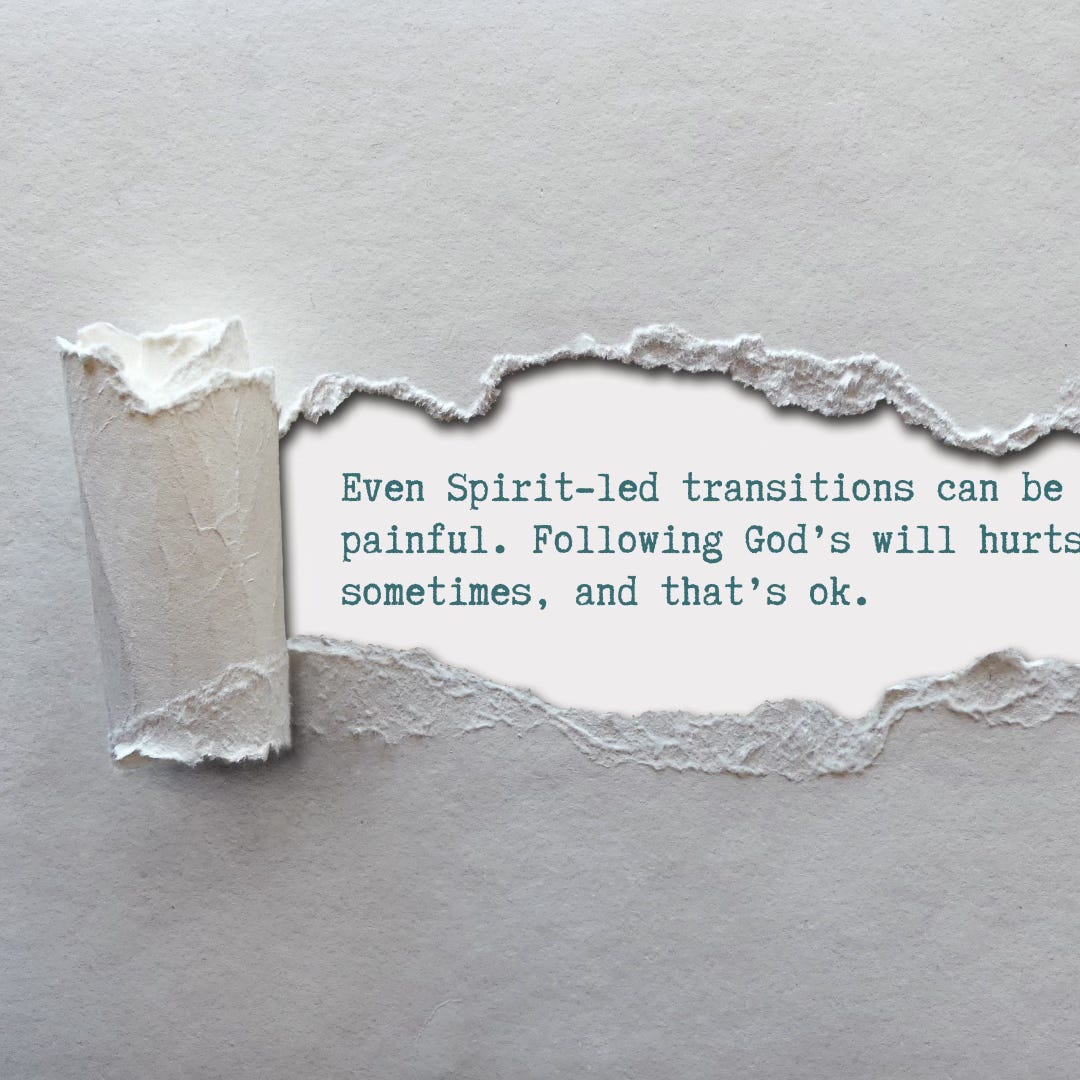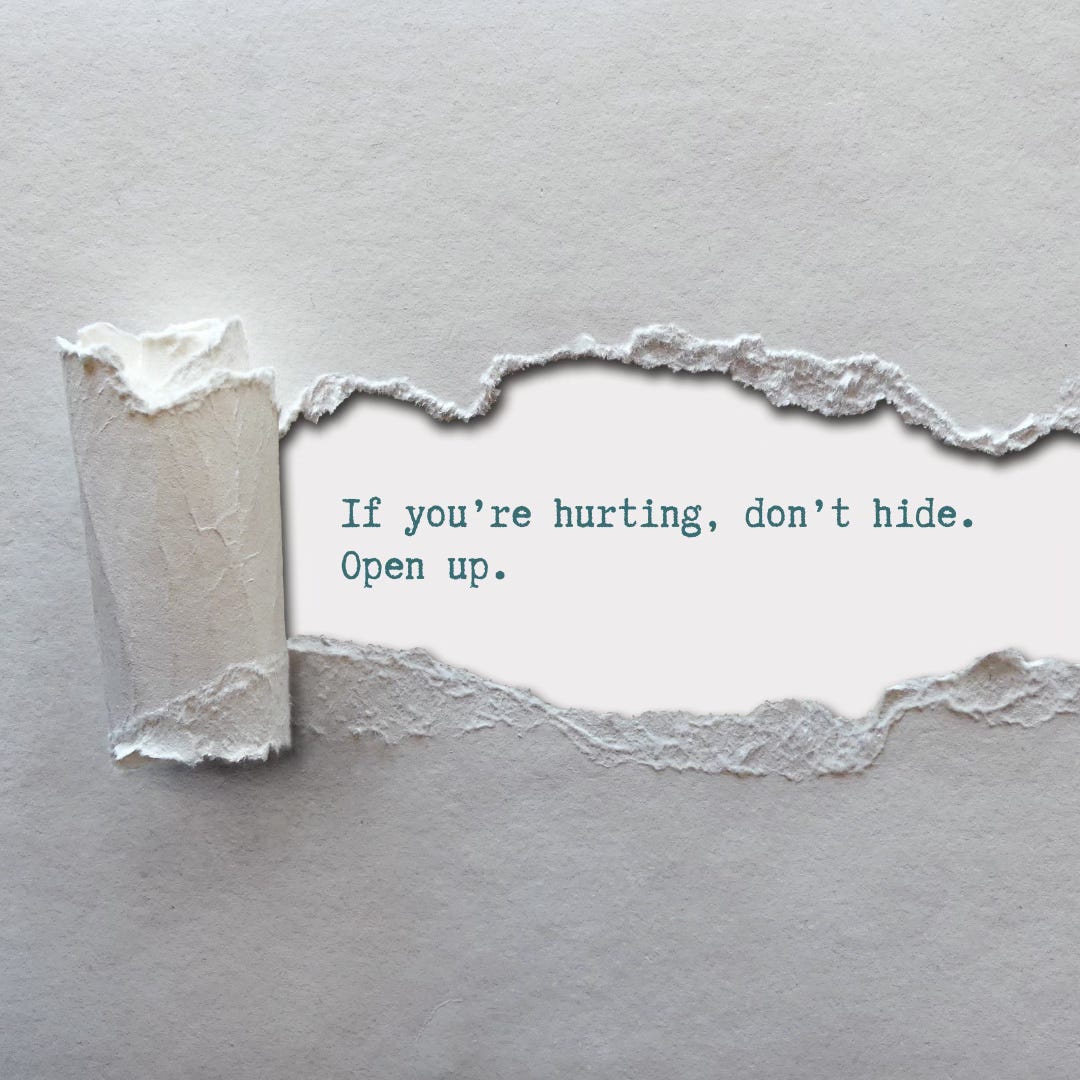For about the last year and a half, I have been in a season of mourning. Ironically, this time of grief has overlapped with the writing and release of my book about enjoying prayer. It was quite challenging to write about joy while experiencing deep personal sorrow. At times, I felt like a hypocrite. The tension eased, though, as I started to learn that grief is actually a God-given pathway to joy. Biblically and practically, these experiences are intertwined.
Let me share how this discovery unfolded in my life the last few years, and some of what the Bible has to say about grief and joy.
Where It Started: My Father’s Death
I started writing Enjoying Prayer at the end of 2022. After making some initial progress, especially with the chapter about God as our Father, my dad went into the hospital for a while after a series of strange and frightening symptoms. I had just spent time learning and writing about the importance of knowing God as our heavenly Father while simultaneously experiencing a major health crisis with my earthly father. I sensed God was up to something, but my dad’s medical challenges and the holidays derailed my writing schedule and motivation for a few months.
By March of 2023, I started feeling depressed. Even after a week of vacation, I was emotionally exhausted, unmotivated and sad. I had no clear explanation for what was happening or why it was happening. But something was deeply unsettled in my soul. On my worst of those days, all I wanted to do was to lay on my bed in dark silence.
I was not totally debilitated, but I knew something was really wrong. I had experienced seasons of burnout and mild depression, but this was more intense than I had known previously. I needed to get some help. After a few counseling sessions, inner healing. wise counsel and time, I started to feel normal enough in April to keep writing the book.
However, a few weeks after I started writing again, my dad went back into the hospital. It was cancer. The sickness had been growing for a while without detection, and by the time we realized what was happening he was severely ill. He went home to heaven on May 20, 2023.
When I embraced the reality that my dad was near the end of his life, even before he passed away, I started the grieving process. However, I also discovered that I was very ignorant when it comes to healthy grief. What should I say? What should I do? How should I feel? How long should it last? I had no idea.
Part of the reason for my ignorance was that our American culture is generally inept at mourning. We consider it a personal and private thing that generally shouldn’t impact our everyday lives. However, many cultures throughout history and around the world have clear rituals and habits that signify and guide people through seasons of grief. Historically, mourning was a communal experience, not an individualistic experience. In the Old Testament, God’s people wore sackcloth, covered themselves in ashes, and mourned for days (Genesis 37:34). Even in Western culture we had the tradition of “mourning bands” — black bands worn around one’s arm — up until more recent years. In one of the last public examples of this, FDR wore a black band around his arm after the bombing of Pearl Harbor. Since that time, this practice has faded into obscurity, except among law enforcement.
While I did not have any collective cultural rituals to practice, I tried to learn about healthy grief. I read a few books and talked to others who had lost their fathers. I knew I needed to learn how to mourn properly if I was going to come out on the other side of this tragedy.
Opening My Heart to Mourn
Learning to mourn the death of my dad required me to open my heart to pain, disappointment and loss. I had to let myself feel what I was feeling and be ok with that. I needed to be honest with myself and with God. I needed to cry. I needed to let the natural process have its way.
What I found when I opened up emotionally was that there was a lot of hidden pain that I had not dealt with for years. As the proverbial can of worms was opened in my heart, I began to process through betrayals, lost relationships, and transitional seasons that involved loss and sorrow.
One of my biggest pain points was the loss of previous seasons of life. There were ministries that I was no longer serving, work comrades who had moved on, churches where we used to be, and cities where we no longer lived. Every transition involved a very real “loss” that required grief. Because I hadn’t realized how to do it or that I even needed to do it, these ungrieved disappointments piled up in my heart until they boiled over into those weeks of depression I experienced in early 2023. Yet God, in his mercy, used my dad’s passing to open up my heart and begin healing me.
My resistance to embracing the sadness of the seasons prevented me from feeling the joy on the other side of mourning. I hadn’t been honest with myself, God, or others about missing certain people and seasons of the past. Even Spirit-led transitions can be painful. Following God’s will hurts sometimes, and that’s ok. But we have to be honest about it and grieve the loss (as long as it takes) to experience God’s comfort in the pain and move fully into the new season with joy.
Not only did my father’s passing open up my heart to grieve the transitions of the past, but it also launched us into even more transitions that also required walking out these new lessons over the last year and a half.
Last summer I transitioned off my staff position at Awaken the Dawn and relaunched Presence Pioneers. The Lord was leading, but this was hard. I have had to mourn the loss of being on the Awaken the Dawn team.
In October, news broke of a massive scandal with Mike Bickle and IHOP-KC. I have had to mourn the whole situation and all the peripheral activity related to it.
Since then, I’ve been grieved to see headlines of other famous leaders in the body of Christ also exposed for their moral failings.
This spring, I transitioned off part-time staff leading the prayer room at Opendoor Church, and in May they closed their downtown Greenville prayer room. This was also the Lord’s leading, but it was saddening. I miss being in that room with those people encountering God’s presence every week like we did for two years. I have had to lament this transition.
Most recently, I have experienced grief as I accept that my kids are growing up. I already miss the season when they were little. It’s been important to mourn this natural transition as well.
Grief Is A Gift From God
I am sure you have your list of losses, disappointments, and transitions that require some amount of mourning. Whether big or small, if they cause pain, it’s important to be honest with God and yourself about what’s happening in your soul. If you’re hurting, don’t hide. Open up.
Grief is a gift from God. It is an invitation to feel — to feel the pain, yes, but also to feel the comfort of His nearness. If God is “near to the brokenhearted” (Ps. 34:18), then surely brokenness is a pathway to His presence. Being honest and vulnerable about our pain, grief, disappointments, loss, frustrations, and hurt opens our hearts to experience God’s healing and comfort that we all need.
“…a broken and contrite heart, O God, you will not despise….” Ps 51:17
Our weakness does not offend God. It actually attracts Him! He wants us to connect with Him on a heart level. And if our hearts are closed off because of our ungrieved pain, then we’re shutting ourselves off from fully opening our hearts to the Lord. Laying our hearts bare before Him, even if it’s messy, is the way to the intimacy with God that we all desire.
Jesus is quite at home in the messiness of grief. The Scriptures call Him a “man of sorrows” who is “acquainted with grief” (Isaiah 53:3). Jesus wept (John 11:35) when his friend died. Our Savior knows how to mourn, and our honest grieving draws us closer to Him. He is a merciful High Priest who, being fully God and fully man, can sympathize with our human weakness (Hebrews 4:15). He can relate to our pain, and He offers comfort in the midst of it all. God draws near to us in our brokenness and pain, and His presence soothes our weary souls.
“Blessed are those who mourn, for they shall be comforted.” Matthew 5:4
When we are honest and open about our grief, we come out on the other side of the experience with deep joy and peace. Psalms 126:5 says those who “sow in tears shall reap with shouts of joy.” Sometimes the deepest laughter comes after a good cry! God has promised that “Weeping may tarry for the night, but joy comes with the morning” (Psalm 30:5).
Prayers and Songs of Lament
I am still learning to grieve, and I am still studying this topic biblically. We have a lot to learn. Biblically, there is a kind of spiritual mourning connected to the themes of repentance, fasting, and humility. Jesus said that His followers would mourn for His return after He went away. Jonathan Friz frequently teaches about this idea of “mourning for the bridegroom” (Matthew 9:15). How can we expect to feel the pain of spiritual mourning for Jesus if our hearts are not open to Him because of ungrieved losses in our lives? Unearthing those deep places of pain in our souls prepares us to go deeper in our relationship with the Lord.
One area related to grief that is worth exploring as presence-centered worship and prayer people is the topic of lament. Did you know that about one-third to one-half of the Psalms are considered psalms of lament? To lament is “to express grief or sorrow for something.” This means that a large portion of the Bible’s songbook is dedicated to helping guide God’s people through songs and prayers of grief. In fact, there’s an entire book of the Bible titled “Lamentations”!
The prolific use of lament in the Bible must inform not only our personal prayer lives but also our corporate worship and prayer. Considering the Psalms are the songs of David’s Tabernacle, the idea of lament certainly has implications for those pursuing Davidic worship. Considering joy and life come on the other side of godly sorrow, then lament must be a key to Enjoying Prayer.
All of these ideas about lament, mourning, and grief will need to be explored more at another time. For now, I want to encourage you to receive the gift of grief in your walk with Jesus. Let the Holy Spirit open your heart to pain, disappointments, and losses that you have shoved down deep in your soul. Be honest and let yourself feel - even if it hurts. Invite God to come and meet you in your sorrow. Express your need to Him. Turn your pain into prayers. He will meet you there, and in due time, He will turn your mourning into joy.










Beautiful and helpful....
Is honest and open grief a part of that "race to humilty" we have considered recently?
Thank you Matthew! <3